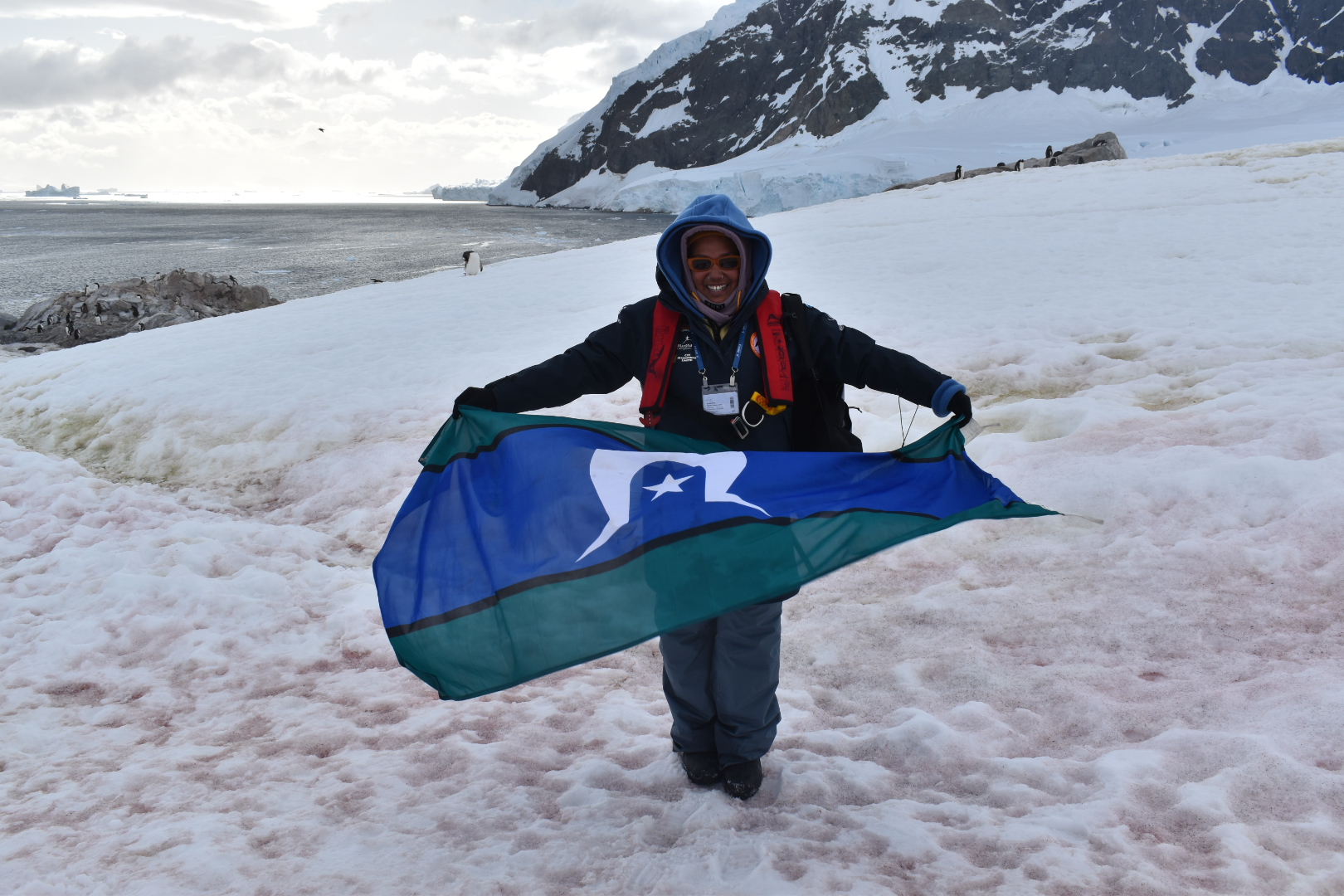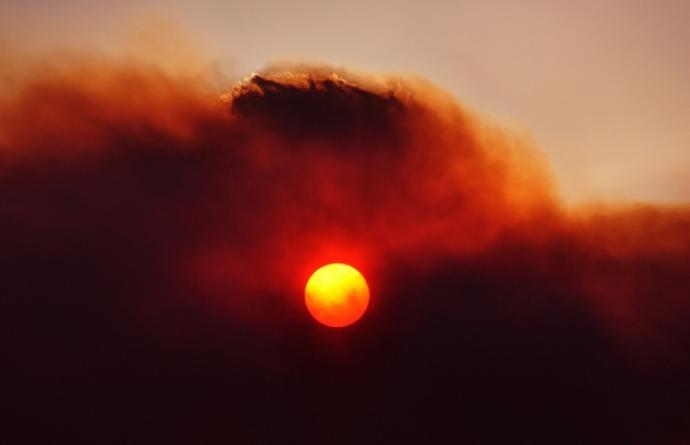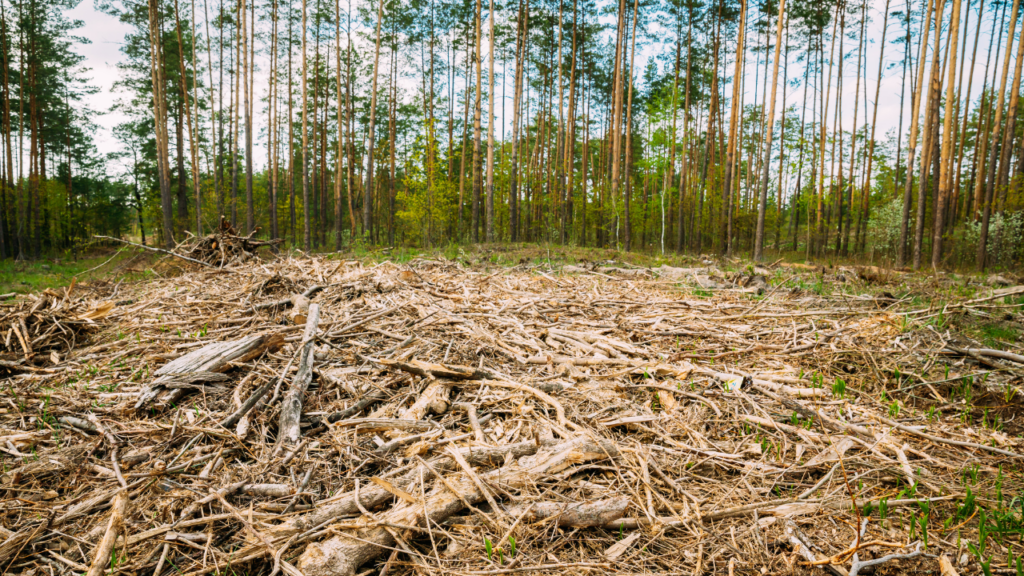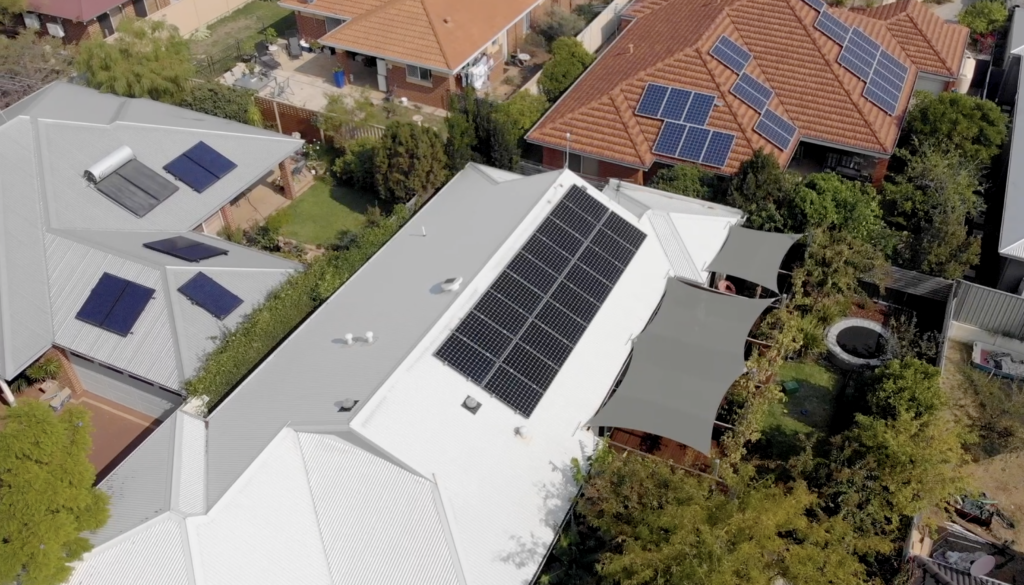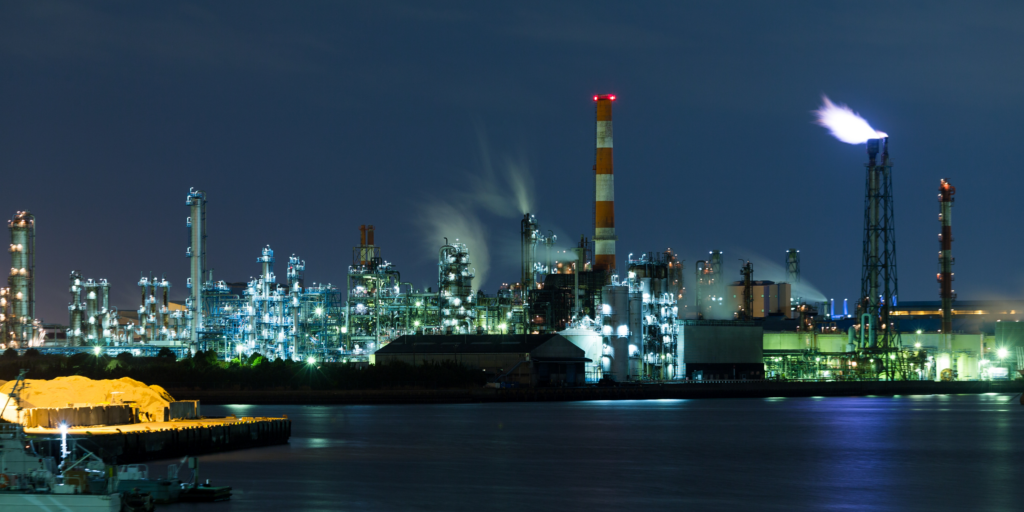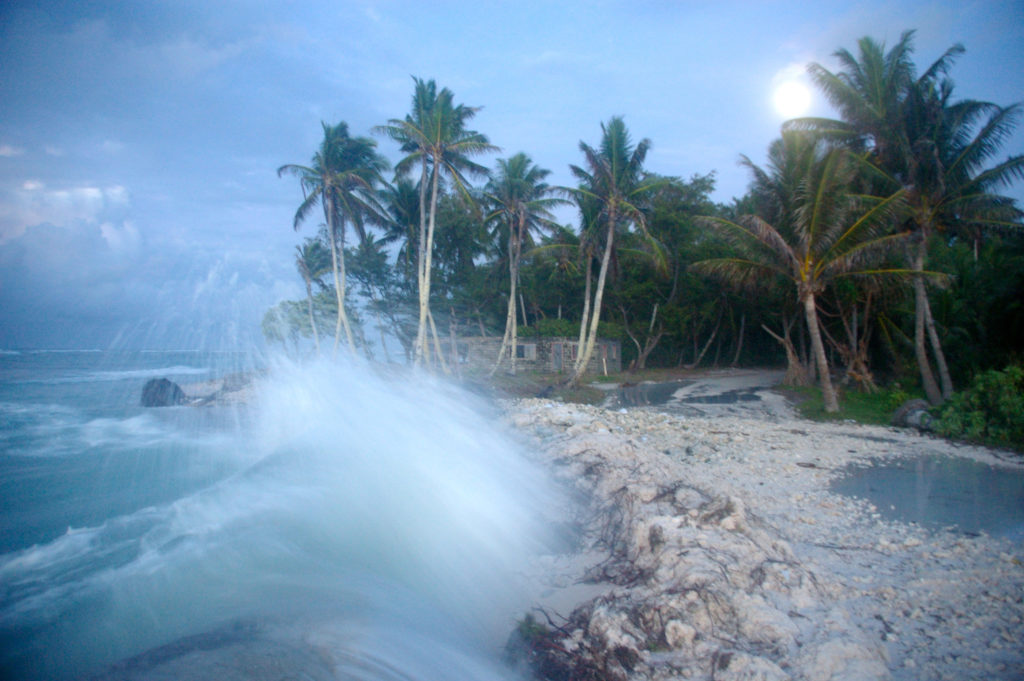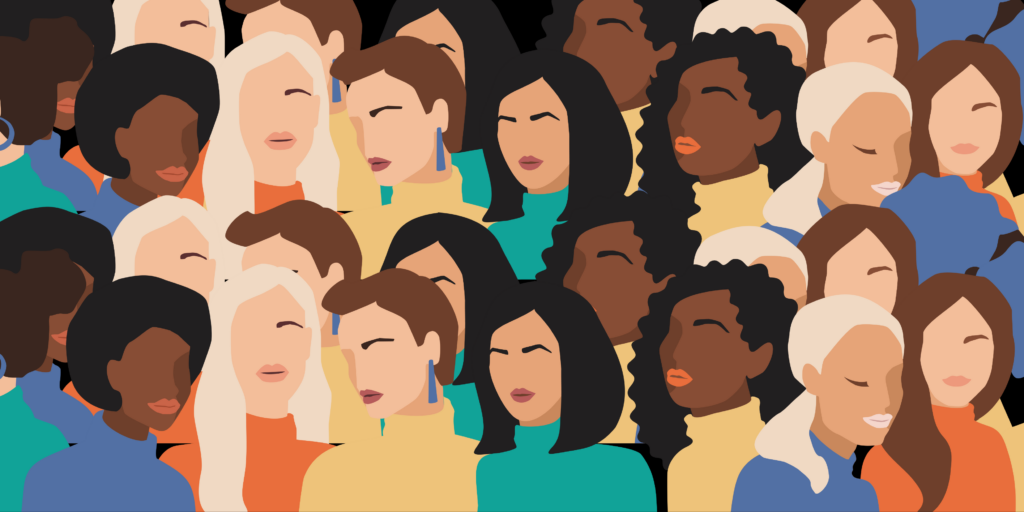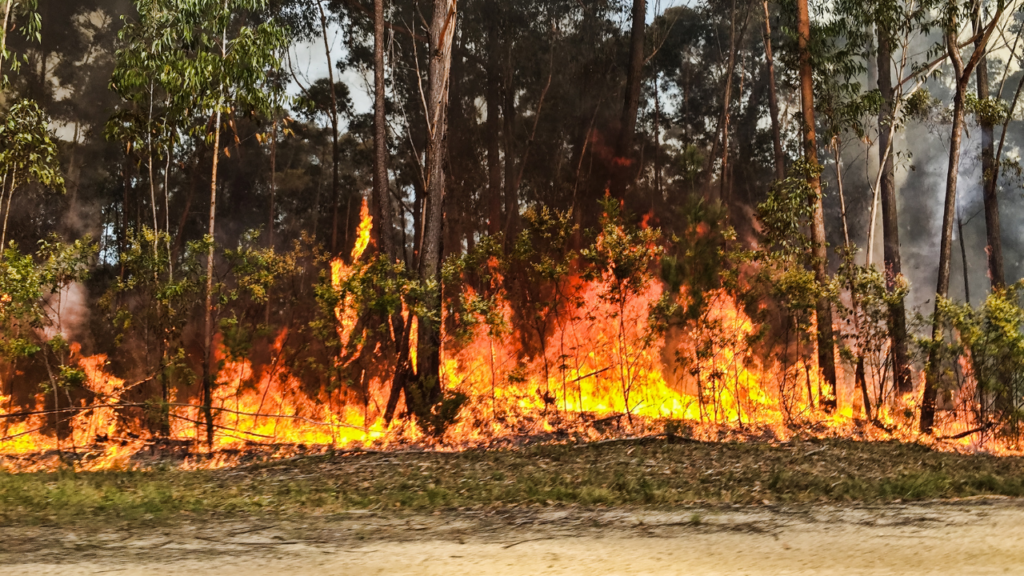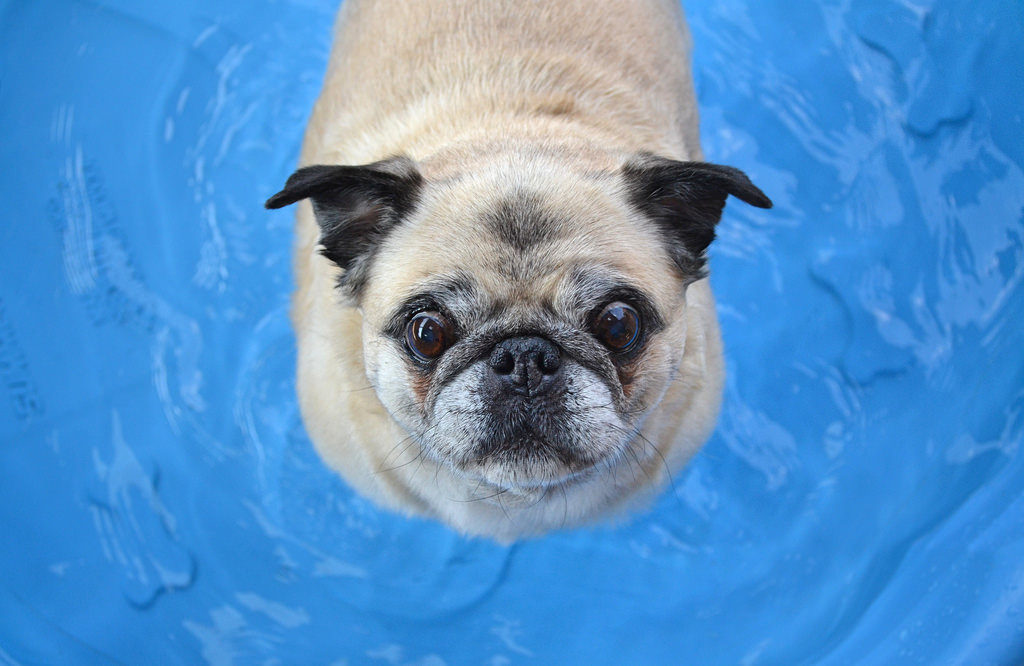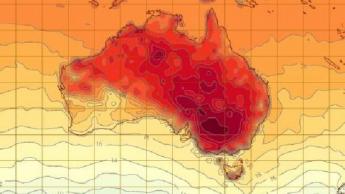Tishiko King is the Philanthropy & Engagement Officer at Groundswell Giving, and a proud Kulkalaig woman from the Island of Masig, Kulkalgal Tribe of Zenadth Kes, otherwise known as the Torres Strait Islands. In February, Tishiko set out on an incredible journey to Antarctica to understand its importance to our global ecosystems and witness first-hand the impacts that climate change is having on this great, icy continent.
Just a few weeks ago, I set out on an incredible journey into the unknown. Into the wild. A place I now understand to be so vitally important to our oceans, to our physical systems and in safeguarding our future on this planet.
This important place is Antarctica.
Antarctica is in several ways the ‘last’ continent; the last to be discovered, the last to be mapped and the last of the great wilderness. Covered in a thick carapace of ice, the continent represents the most extreme environment on Earth, with some corners still never touched by humans. It is the only continent that has never had any Indigenous population and even today, despite the presence of numerous permanent research stations, very few people call it home.
Antarctica’s oceans are the heart of our climate systems and every global community depends on the health of this polar ecosystem.
Global action on climate change has been devastatingly slow, and despite the UN Paris Agreement’s aim to keep a global temperature rise well below 2 degrees, serious impacts now cannot be avoided. Among the most severe climate impacts, made worse by the burning of coal, oil and gas, is that of glaciers and ice sheets thinning and retreating, contributing to global sea-level rise.
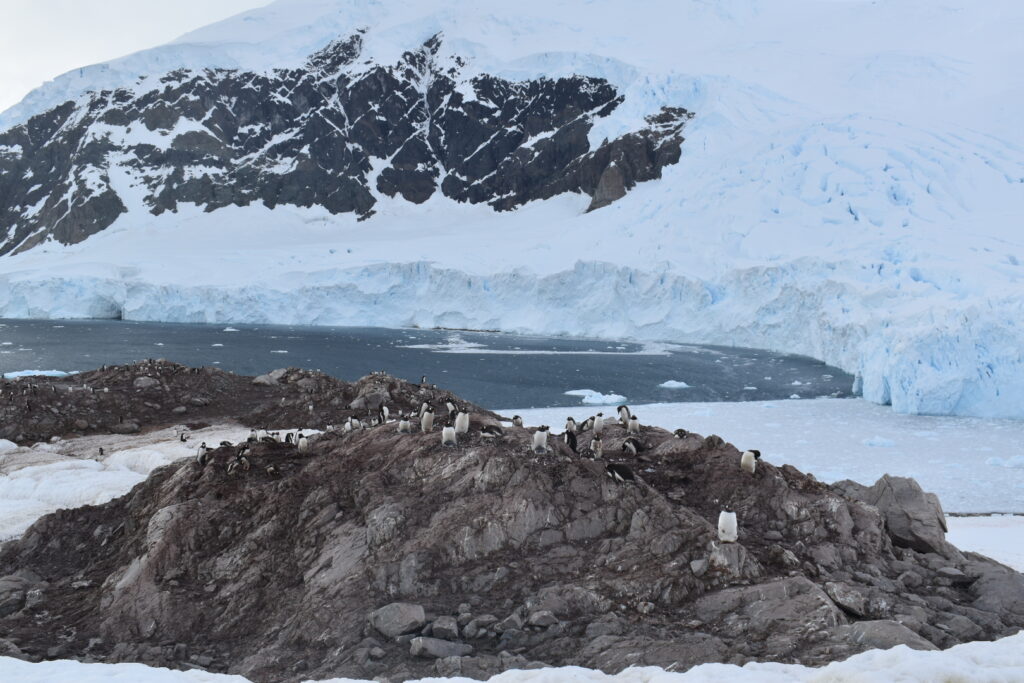
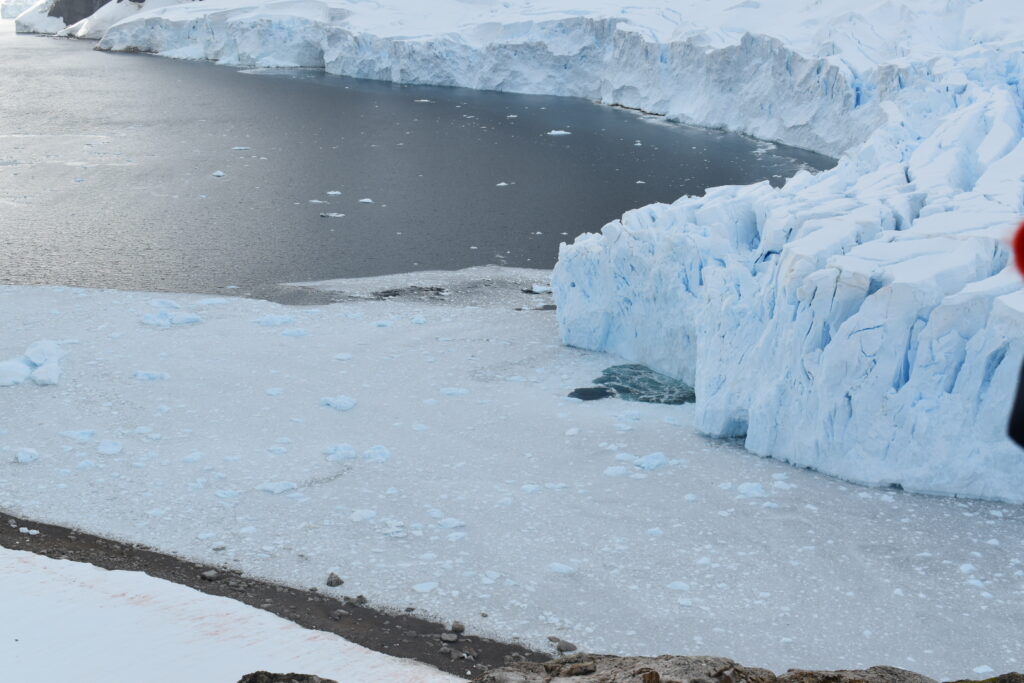
Image’s from Tishiko’s trip to Antarctica, including penguins gathered on a rock, and calving glaciers about to collapse into the ocean.
Why should I care about a place that is so far away?
Climate change is directly impacting the great white continent of Antarctica, where my own eyes witnessed calving glaciers collapsing into the ocean, causing rising sea levels
Right now, rising seas are threatening the island homes in the Torres Strait Islands – where I come from – and urgent action is needed to ensure my people can remain in our homelands. As the ocean rises, fresh water supplies, crops, burial grounds and significant cultural sites are being destroyed. Our food security, our health and our culture are being threatened.
As Torres Strait Island people, we are at risk of being climate refugees in our own Country.
Who is accountable for this damage?
We are in a climate crisis and those communities impacted first and worst have contributed the least to our national and global emissions. While many countries and communities have benefited off the back of burning fossil fuels for decades, those who have not are also those on the frontline of the impacts. This issue is at the heart of what climate justice stands to correct.
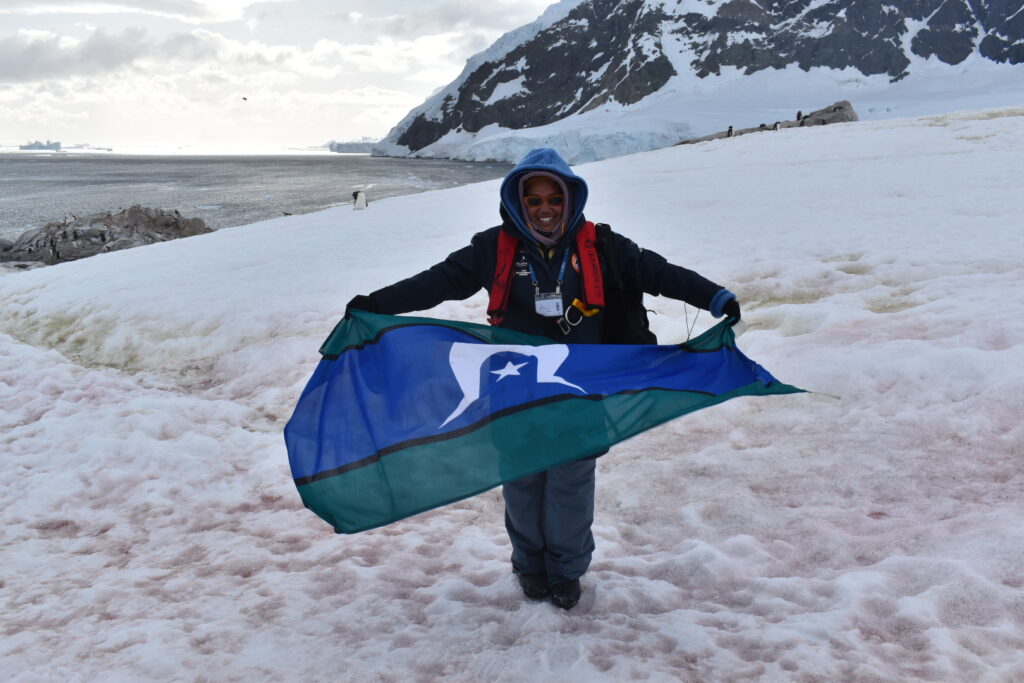
My heart is broken.
For too long Aboriginal and Torres Strait Island people and communities were (and continue to be) presented as an antithesis of mainstream concepts of environmental conservation which exclude our people from the equation.
Yet Aboriginal and Torres Strait Island people have been caring for and protecting our lands and sea country for millennia and we continue to do so today.
Our ecologically diverse land and sea Country will continue to be under threat until we see real systemic change and action, where Aboriginal and Torres Strait Island people have the autonomy and rights to say what does and what doesn’t happen to their land and seas.
But here is our opportunity.
We have a decreasing window of time to prevent the worst of all possible futures, but I am hopeful that by taking action on climate change, we can create the future we need to survive. We are in a critical stage of human existence and it is clear that current mitigation measures are not enough.
Our survival depends on drastically reducing greenhouse gas emissions this decade and keeping all new fossil fuels in the ground.
The stakes are high: our communities, culture and Country are at risk.
My time in Antarctica was confronting and overwhelming, yet left me with a kind of bittersweet feeling. I can see the opportunity we have at our fingertips to implement real change. I now understand that we have to protect this polar ecosystem in order to protect humanity. There is no time to waste. We need to come together and galvanise collaborative action urgently.
Want to hear more from Tishiko King? Check out her work at Groundswell Giving, and watch this discussion on First Nations Climate Justice featuring Tishiko.

